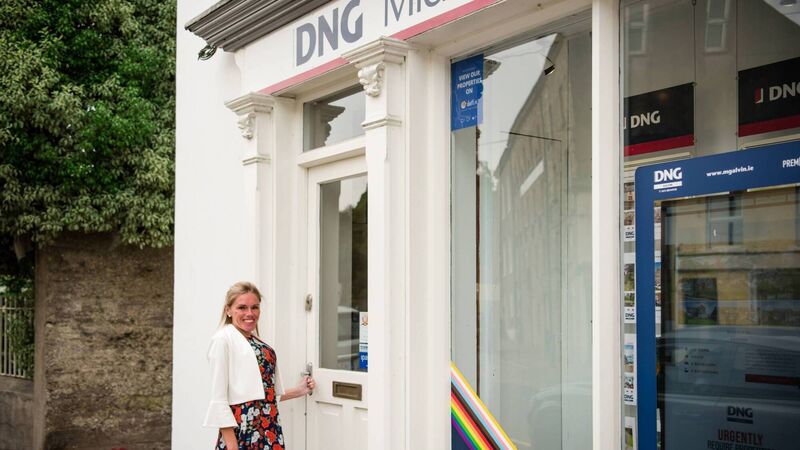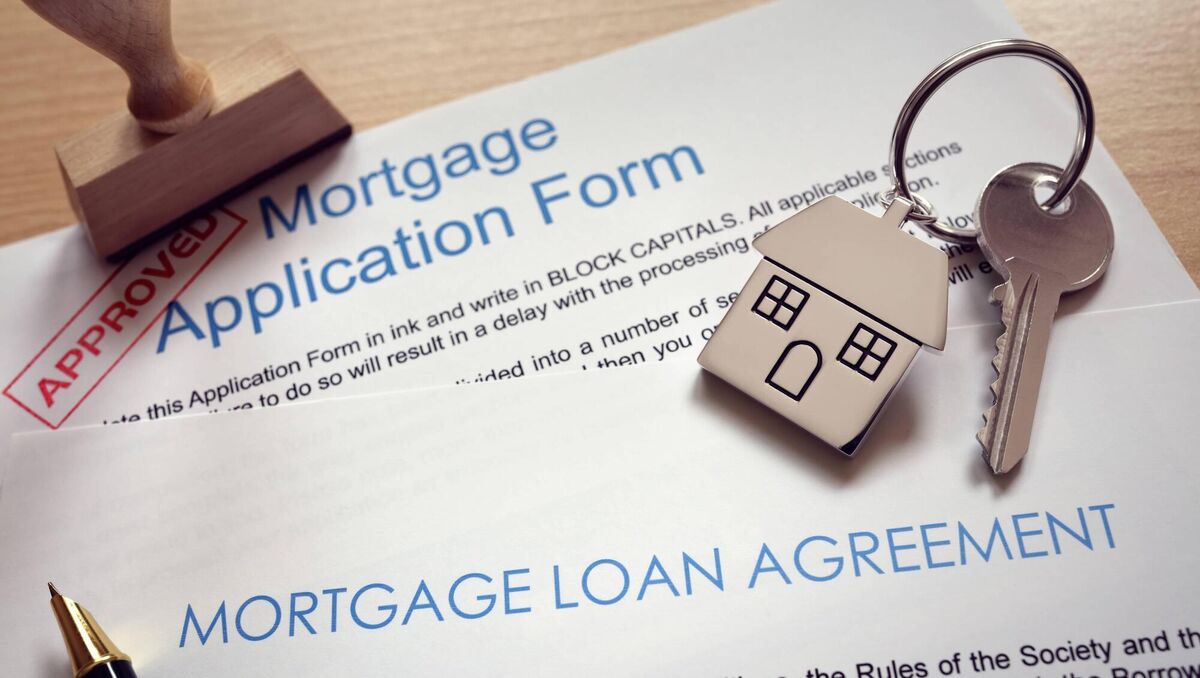On the Move: 9 tips if you’re buying a house

Majella Galvin shares advice on buying a home.
Buying a home is undeniably one of the most exciting milestones in life, but it can also be an overwhelming experience, especially in a competitive property market with limited supply.
Whether you’re a first-time buyer, trading up, or downsizing, navigating the intricacies of the home-buying process can seem daunting.
However, with the right preparation and expert guidance, you can make this journey much smoother. Here are my top tips.
The first step in your home-buying journey is to accurately determine your budget. This means assessing your financial situation with the help of a mortgage broker, who can guide you on how much you can afford, considering all associated costs. These include stamp duty, legal fees, and other expenses that might not be immediately obvious.
These can significantly ease the financial burden, especially for first-time buyers.
Tip: Having a clear budget in mind helps you avoid overextending yourself financially and ensures a stress-free home-buying process.
Obtaining a mortgage in principle should be your next step. This pre-approval from a lender, based on your current financial status, puts you in a strong position when making offers on properties. It also signals to sellers that you are a serious and credible buyer.
Gathering all the necessary paperwork for your mortgage application in advance can save you time and reduce stress as you move forward in the buying process.
With your finances in order, it’s time to dive into researching the property market.
Create a list of your needs versus wants - what’s essential versus what would be nice to have. This will help you stay focused during your search. Speak with local estate agents, who can offer valuable insights into recent property prices and market trends in the areas you’re interested in. Register with their databases to receive updates on new properties that meet your criteria.
Tip: Think about your future needs when choosing a home. Consider factors like potential family growth, lifestyle changes, and long-term plans, so you don’t find yourself needing to move again too soon.

Viewings can be overwhelming, but they’re a crucial part of the process.
I recommend using a checklist to ensure you don’t miss any important details during a viewing. Pay attention to the property’s condition and ask key questions about its history, maintenance, and any renovations that have been done. Get your free ‘viewing a house’ checklist on www.dnggalvin.ie https://dnggalvin.ie/viewing-a-house-checklist/
After you’ve found your dream home, the next step is to put in an offer. This can be one of the most nerve-wracking parts of the process, as bidding wars and negotiations can add pressure. My advice is to stick to your budget and present yourself as a strong buyer - highlight if you’re a cash buyer, have no property chain, or have your mortgage pre-approved.
These factors can make your offer more attractive, sometimes even more so than a higher bid.
Tip: It’s not always the highest offer that wins. Sellers value certainty and speed, so presenting yourself as a well-prepared buyer can give you an edge.

Once your offer is accepted, you’ll pay a refundable booking deposit to the auctioneer. This is a gesture of good faith and usually means the property will not be actively marketed while you carry out due diligence, such as legal checks and surveys.
Tip: Make sure you’re comfortable with all aspects of the property before moving forward, as the booking deposit is refundable until contracts are signed.
With your offer accepted, it’s time to bring in the professionals. You’ll need a solicitor to handle the legal aspects and an engineer to inspect the property for structural integrity.
Tip: A thorough inspection can uncover potential issues that could affect your decision or bargaining power. Don’t skip this step.
Your solicitor will carry out due diligence, investigating the property’s title, planning permissions, access to services, and any potential liabilities like property taxes. Once satisfied, you’ll sign the contract and pay a 10% deposit, less the booking deposit already paid. The vendor will then countersign, making the contract binding and setting a completion date.
Tip: Ensure everything is in order before signing the contract. This is your last chance to address any concerns before the purchase becomes legally binding.
As the completion date approaches, your solicitor will arrange the drawdown of your mortgage funds and provide a statement of account. This will include the balance needed to complete the purchase, including stamp duties and other fees.
Tip: On completion day, don’t forget to organise the transfer of utilities like electricity, gas, and broadband to your name.
Conclusion
Buying a house in Ireland doesn’t have to be a stressful experience. With the right preparation, you can navigate the process smoothly and with confidence.
Remember to stay patient, keep your budget in check, and rely on the expertise of trusted professionals. By doing so, you’ll be well on your way to securing the perfect home and starting the next exciting chapter of your life.
Majella Galvin is a Chartered Surveyor, Estate Agent and RICS Registered Valuer at DNG Galvin Auctioneers, Bandon. She has been working in the property sector for over a decade and has built up a wealth of knowledge and experience of the property market throughout the years.
Majella holds a BSc in Real Estate & Valuations from the University College of Estate Management, Reading. She is member of the Society of Chartered Surveyors Ireland and the Royal Institution of Chartered Surveyors. www.dnggalvin.ie
Majella is passionate about helping people make informed decisions when buying or selling a property. She writes weekly blogs to help buyers and sellers which can be found on www.dnggalvin.ie







 App?
App?


